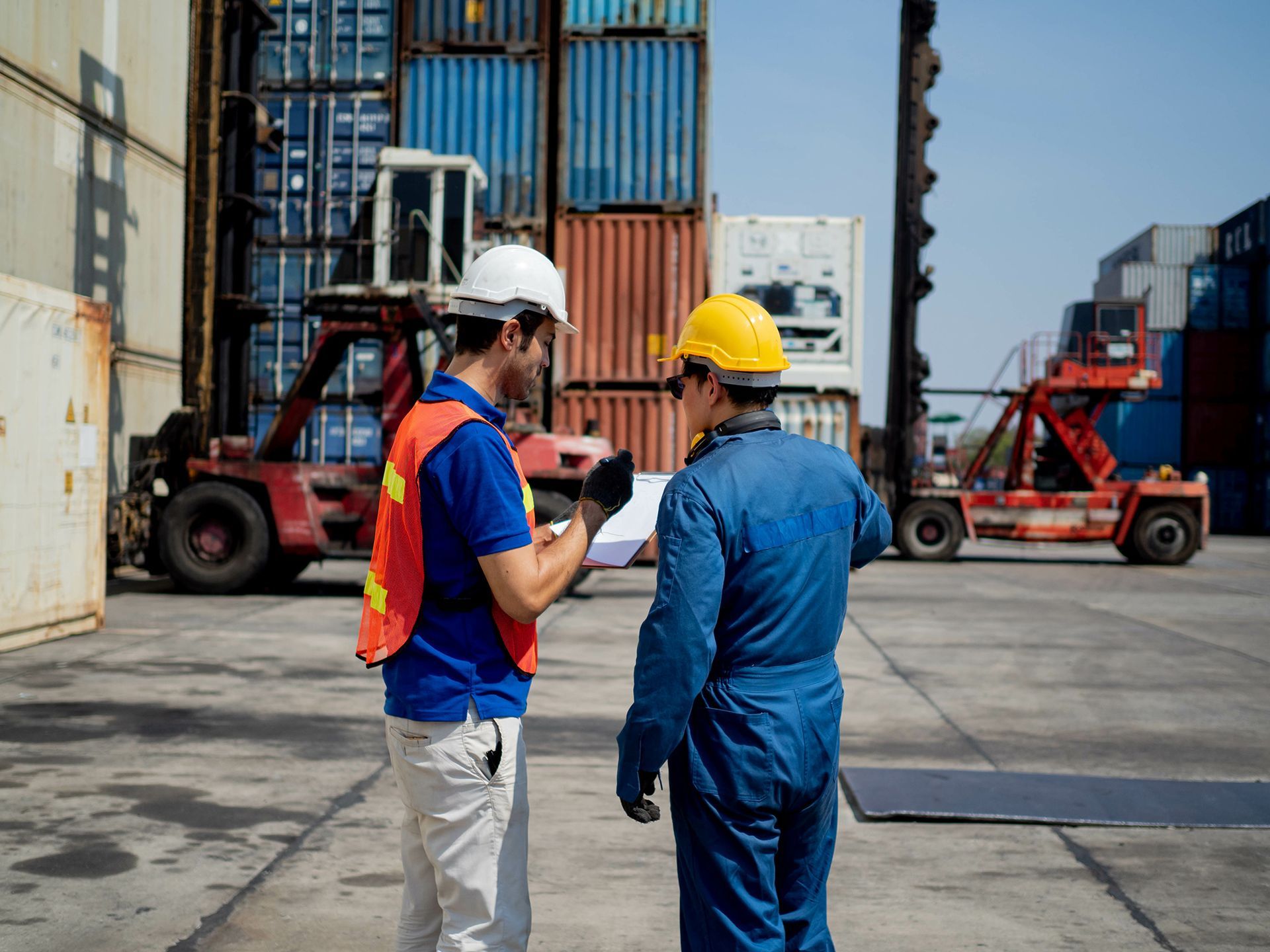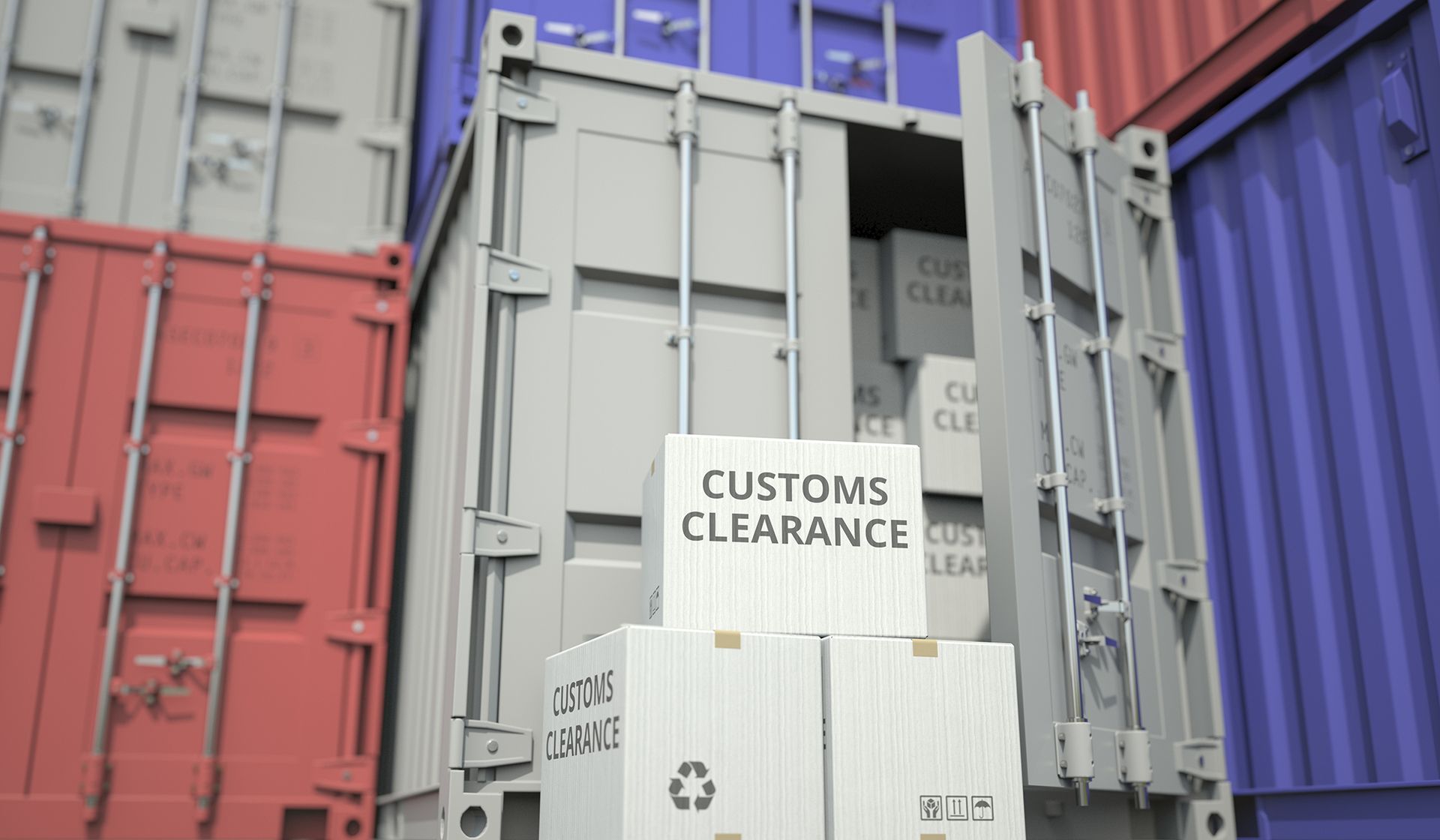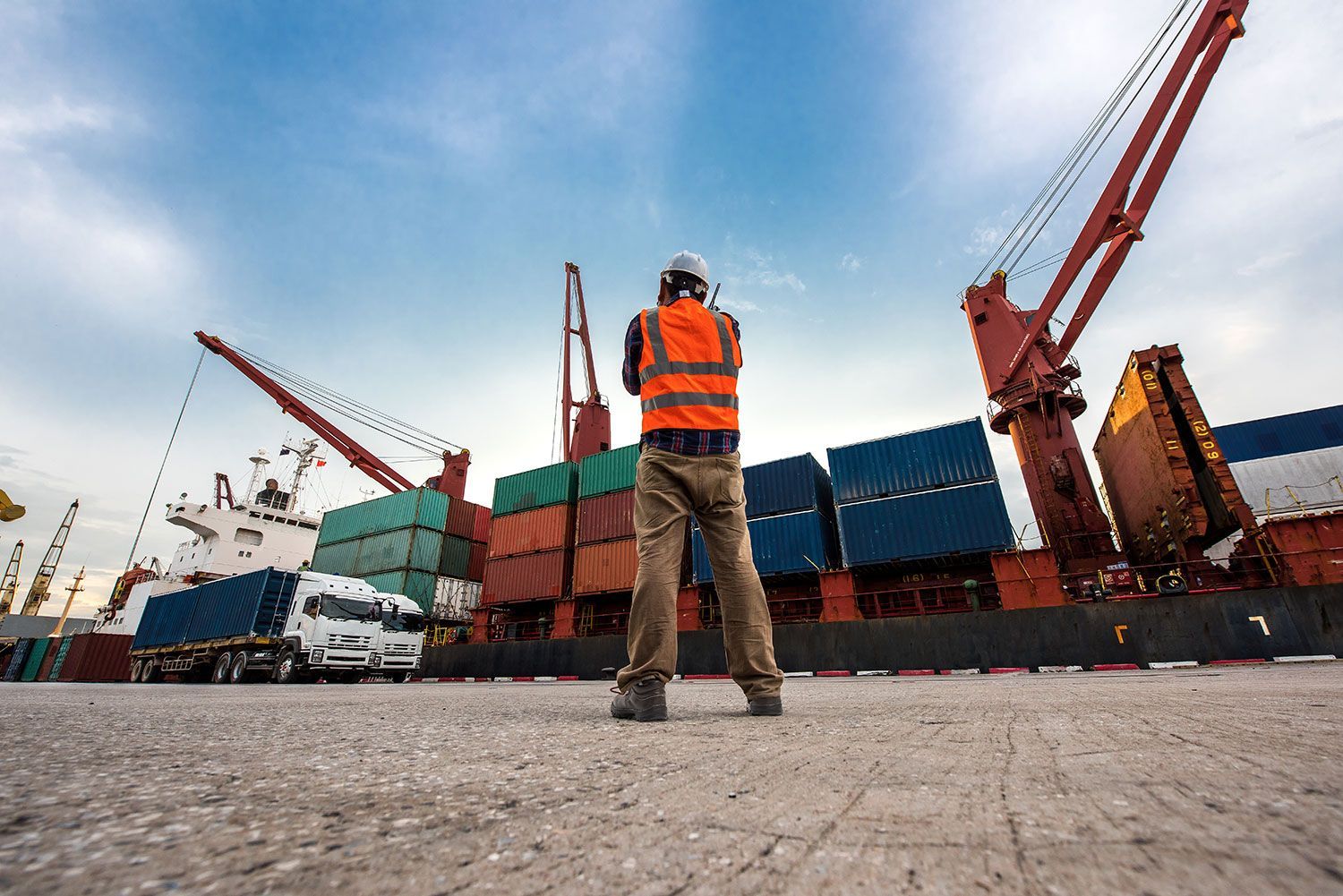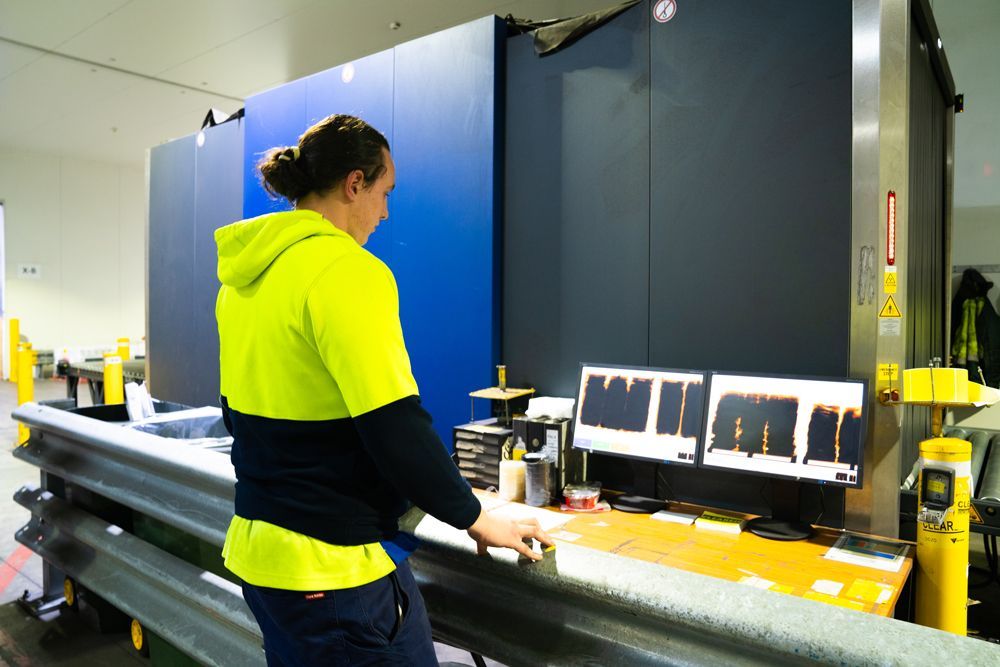Refrigerated Couriers in Brisbane: Ensuring Safe and Timely Deliveries
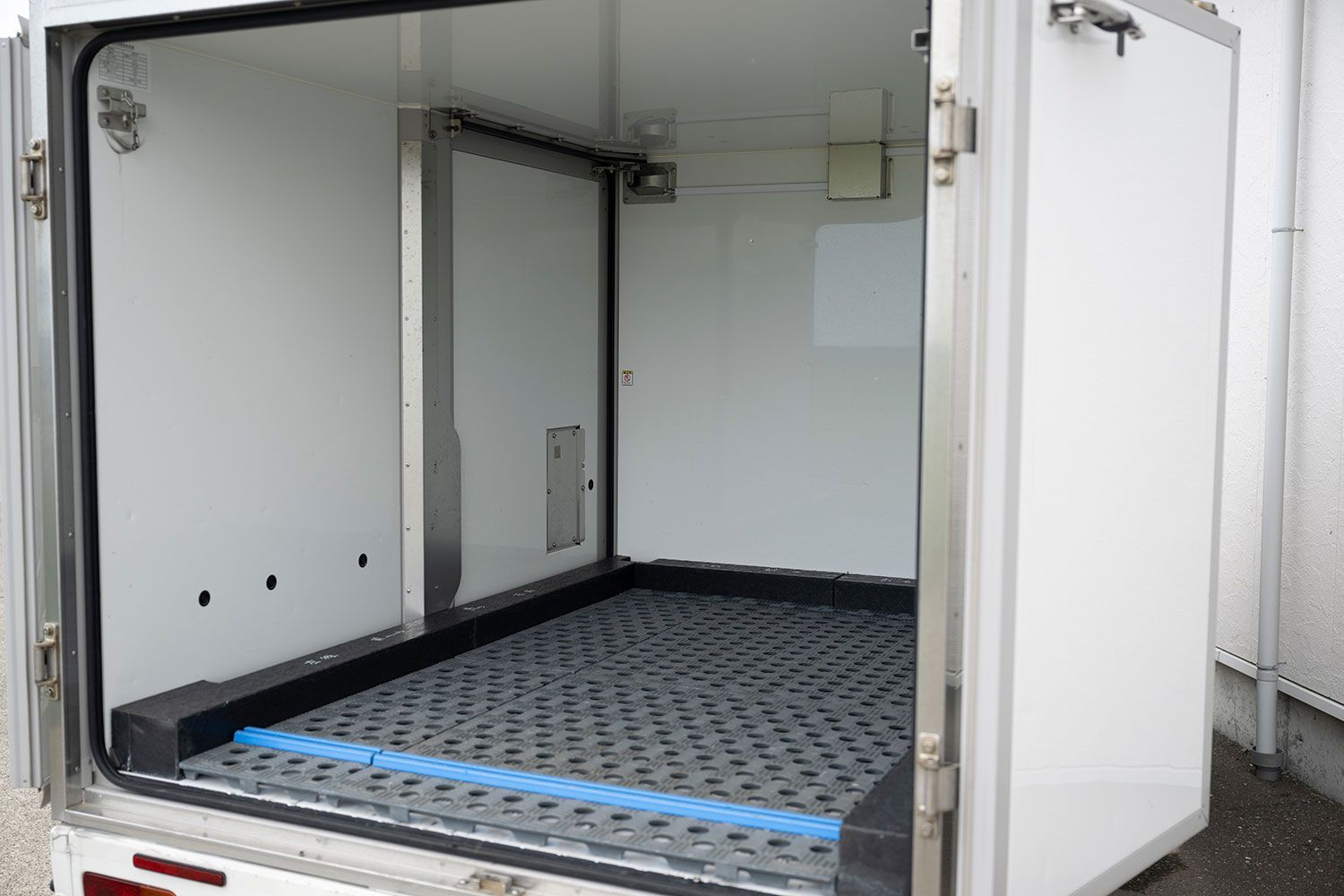
The transportation of perishable goods is an industry where precision and reliability are paramount.
Whether it’s fresh produce, pharmaceuticals, or other temperature-sensitive items, refrigerated couriers in Brisbane play an essential role in maintaining product quality throughout the supply chain.maceuticals, or other temperature-sensitive items, refrigerated couriers in Brisbane play an essential role in maintaining product quality throughout the supply chain.
With increasing consumer demand for fresh products and the need for strict compliance with safety standards, these couriers provide the vital service of ensuring goods are delivered in pristine condition on time.
In the following article, we’ll be taking a look at the role of refrigerated couriers in Brisbane and how they can make a difference in ensuring safe and swift deliveries.
The Role of Refrigerated Couriers in Brisbane
Brisbane’s strategic location as a logistics hub allows refrigerated couriers to efficiently move perishable goods across the city, its surrounding regions, and beyond.
At the heart of this service is the cold chain, a temperature-controlled supply chain that ensures goods remain at optimal temperatures from the point of origin to their final destination. Couriers equipped with specialised refrigerated trucks and cooling systems ensure that temperature-sensitive products such as dairy, meat, pharmaceuticals, and fresh produce remain fresh and safe for consumption.
Refrigerated couriers are crucial for businesses in industries like food and beverage, healthcare, and agriculture. These couriers maintain strict temperature controls throughout the journey, ensuring that products comply with both local and international safety standards.
Read this Queensland Government resource for more information on guidelines for transporting food.
Maintaining Product Quality Through the Cold Chain
For Brisbane’s refrigerated couriers, maintaining the integrity of the cold chain is essential for product quality.ted couriers, maintaining the integrity of the cold chain is essential for product quality.
Vision International Logistics offers that ensure the safe transport of sensitive goods through a network of cool room and freezer facilities. By keeping products at the right temperature throughout the journey, these couriers help prevent spoilage, contamination, and degradation.
Ensuring that perishable goods are delivered on time is just as important as maintaining the right temperature. Delays in delivery can result in the spoilage of fresh produce or pharmaceuticals, leading to significant financial losses for businesses.
To counter this, our experienced couriers utilise real-time tracking and fast, efficient routes to keep deliveries on schedule.
Customised Solutions for Every Business
Not all perishable goods are the same.
Refrigerated couriers offer tailored services designed to meet the specific needs of different industries. From pharmaceuticals to fresh seafood, each shipment is handled with care and specific cooling requirements are met to ensure the safe delivery of sensitive goods.
They are equipped to manage a wide range of perishable products, including oversized or unusually shaped items. With the backing of a strong network of logistics partners, this can ensure that goods are moved efficiently and safely across different regions and countries.
The Importance of Reliability and Expertise
The success of Brisbane’s refrigerated couriers lies in their ability to offer both reliability and expertise.es in their ability to offer both reliability and expertise.
At Vision International Logistics, businesses can ensure that their perishable products are transported securely and remain in optimal condition throughout the journey. End-to-end solutions provided by our couriers include everything from planning and execution to emergency response and quality inspections, giving businesses peace of mind.
Refrigerated couriers are not just about delivering products on time - they are trusted partners in the supply chain who understand the complexities involved in perishable logistics. Their ability to maintain high standards of safety and quality control, makes them indispensable for businesses that rely on fresh or temperature-sensitive goods.
Learn more about our perishable forwarding services.
In Summary
Brisbane’s refrigerated couriers are critical to maintaining the quality and safety of perishable goods as they move through the supply chain.
Vision International Logistics sets the standard by offering customised, reliable, and efficient cold chain solutions that ensure perishable goods arrive in pristine condition, on time, and ready for market.
Whether your business involves fresh produce, pharmaceuticals, or other temperature-sensitive products, having a trusted refrigerated courier is key to ensuring your products retain their value and quality throughout the journey.
Contact us today and discover how we can help you maintain the integrity of your perishable goods.
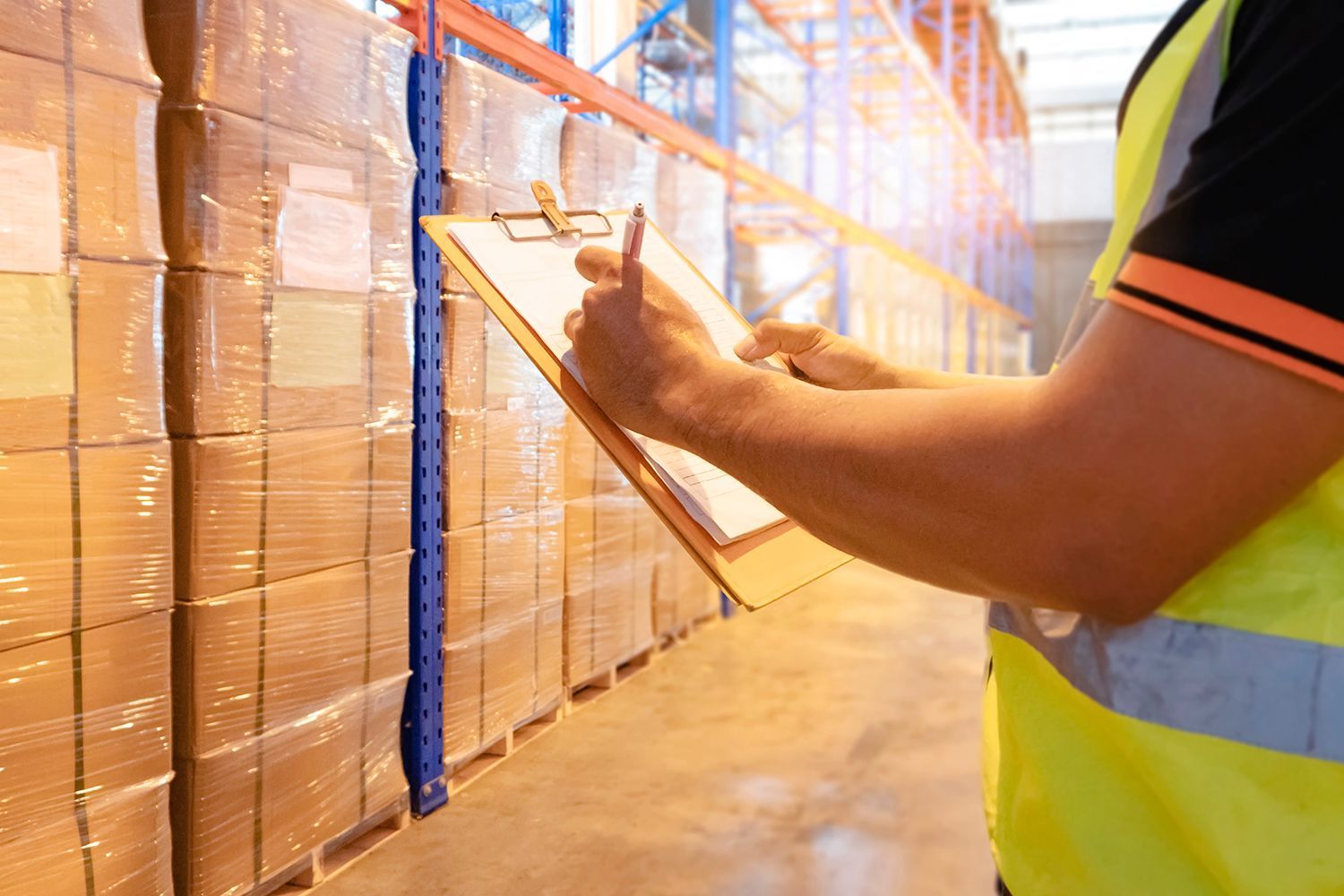
Australian Locations
Brisbane: +61 7 3866 7900
Sydney: +61 2 9700 1402
Sunshine Coast: +61 7 5471 7933
Quick LINKS
Our Services
Contact Information
729 -739 Macarthur Avenue Central Pinkenba Qld 4008
© 2024 All Rights Reserved | Vision International Logistics |
Privacy Policy
|
Standard Trading Conditions
| Website by
Octopus Digital
| Website Marketing by
Shark Digital

